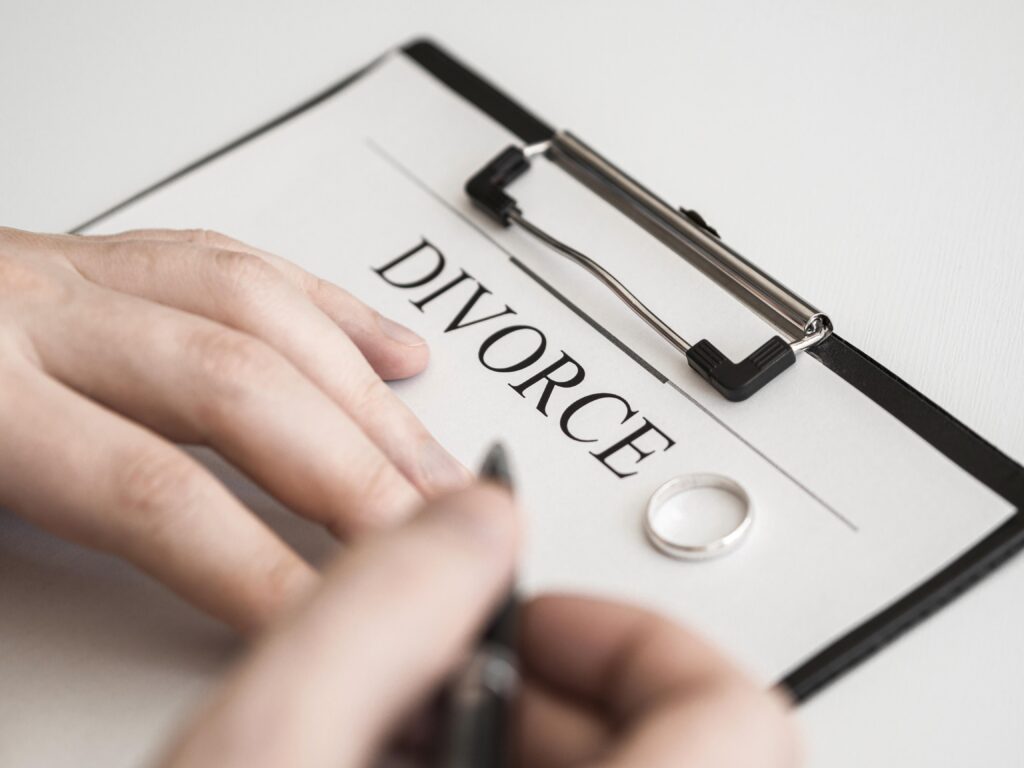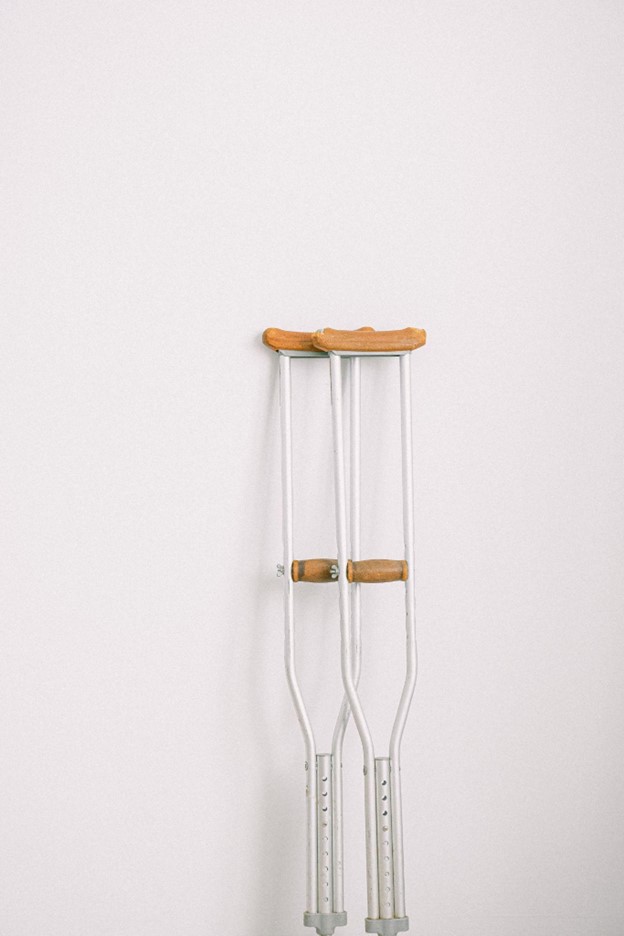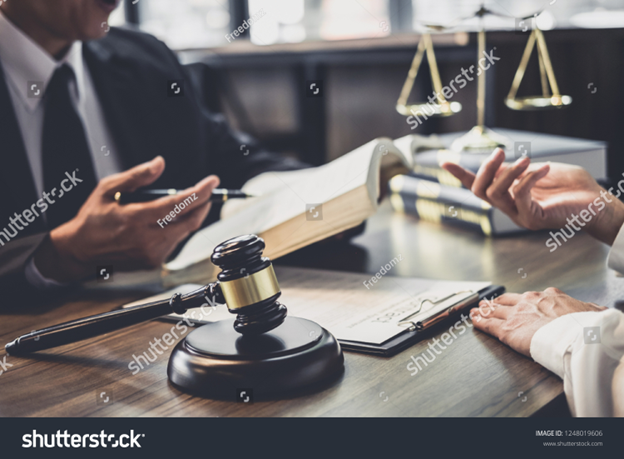Now Reading: Legal Remedies for Personal Injury: Steps to Take for Fair Compensation
-
01
Legal Remedies for Personal Injury: Steps to Take for Fair Compensation

Legal Remedies for Personal Injury: Steps to Take for Fair Compensation
Suffering a personal injury can be a distressing experience, leaving you not only physically injured but also facing financial burdens and emotional stress. Fortunately, the legal system provides remedies for those who have been harmed due to the negligence or intentional actions of others. This article will guide you through the steps you should take to seek fair compensation for your personal injury.
Seek Medical Attention
The first and most crucial step after sustaining a personal injury is to seek immediate medical attention. Your health and well-being should always be the top priority. Even if your injuries seem minor, it is essential to have a medical professional assess and document your condition. This documentation will serve as crucial evidence when pursuing a personal injury claim.
Gather Evidence
Collecting evidence to support your personal injury claim is vital. This includes gathering any documentation related to the incident, such as accident reports, photographs of the scene, and witness statements.
Additionally, keep records of all medical bills, treatment plans, and any other expenses incurred due to your injury. These pieces of evidence will strengthen your case and help determine the compensation you may be entitled to.
Accident Reports
Accident reports are often generated by law enforcement officers or other authorities at the scene of the incident. These reports provide an objective account of the accident and can be instrumental in establishing fault or negligence.
Photographs and Videos
Take photographs or videos of the accident scene, injuries sustained, and any property damage. Visual evidence can be compelling and help recreate the circumstances surrounding the incident.
Witness Statements
If there were witnesses to the accident, obtain their contact information and request written statements regarding what they saw. Witness testimonies can be invaluable in supporting your version of events.
Consult With a Personal Injury Attorney
Navigating the legal process can be complex, especially when dealing with personal injury cases. Hiring a reputable personal injury attorney can significantly increase your chances of obtaining fair compensation. An experienced attorney from Gatti, Keltner, Bienvenu & Montesi, PLC can provide guidance, assess the strength of your case, negotiate with insurance companies, and represent your interests in court if necessary.
Finding the Right Attorney
Research and select a personal injury attorney with a proven track record and expertise in handling cases similar to yours. Consultation meetings with potential attorneys can help you assess their qualifications, experience, and communication style. Choose an attorney who makes you feel comfortable and confident in their ability to advocate for your rights.
Contingency Fee Arrangements
Many personal injury attorneys work on a contingency fee basis. This means that they only receive payment if they secure a settlement or verdict in your favor. This arrangement allows access to legal representation without upfront costs, making it more accessible for individuals seeking compensation for personal injuries.
File an Insurance Claim
Before taking legal action, it is essential to file an insurance claim with the relevant parties. Contact the insurance company of the at-fault party and provide them with all necessary documentation and evidence to support your claim. Be prepared for the insurance company to investigate and potentially negotiate a settlement.
Dealing with Insurance Adjusters
Insurance adjusters may attempt to minimize your claim or deny liability altogether. Be cautious when communicating with them and consider involving your attorney in any discussions. Insurance adjusters are primarily concerned with protecting their company’s interests, so having legal representation can help ensure your rights are safeguarded.
Negotiate or Pursue Legal Action
Depending on the response from the insurance company, you may need to negotiate a fair settlement or take legal action to pursue your personal injury claim.
Negotiation Process
Your attorney will engage in negotiations with the insurance company on your behalf. They will present your case, including the evidence and documentation you have gathered. If a reasonable settlement offer is made, you and your attorney can evaluate whether it adequately compensates you for your injuries and related expenses.
Filing a Lawsuit
If a fair settlement cannot be reached through negotiations, your attorney may advise you to file a personal injury lawsuit. This involves initiating legal proceedings against the at-fault party and presenting your case in court. Throughout this process, your attorney will guide you and represent your interests, working towards obtaining a favorable outcome.
When facing a personal injury, taking the appropriate steps to seek fair compensation is crucial. Seek medical attention, gather evidence, consult with a personal injury attorney, file an insurance claim, and be prepared to negotiate or pursue legal action if necessary. Remember, the legal remedies available to you exist to protect your rights and help you recover from the physical, emotional, and financial consequences of your personal injury.











